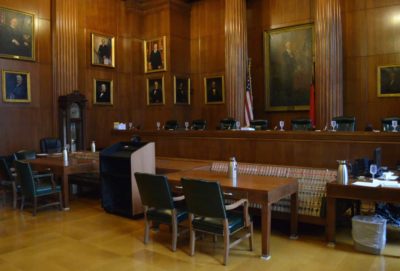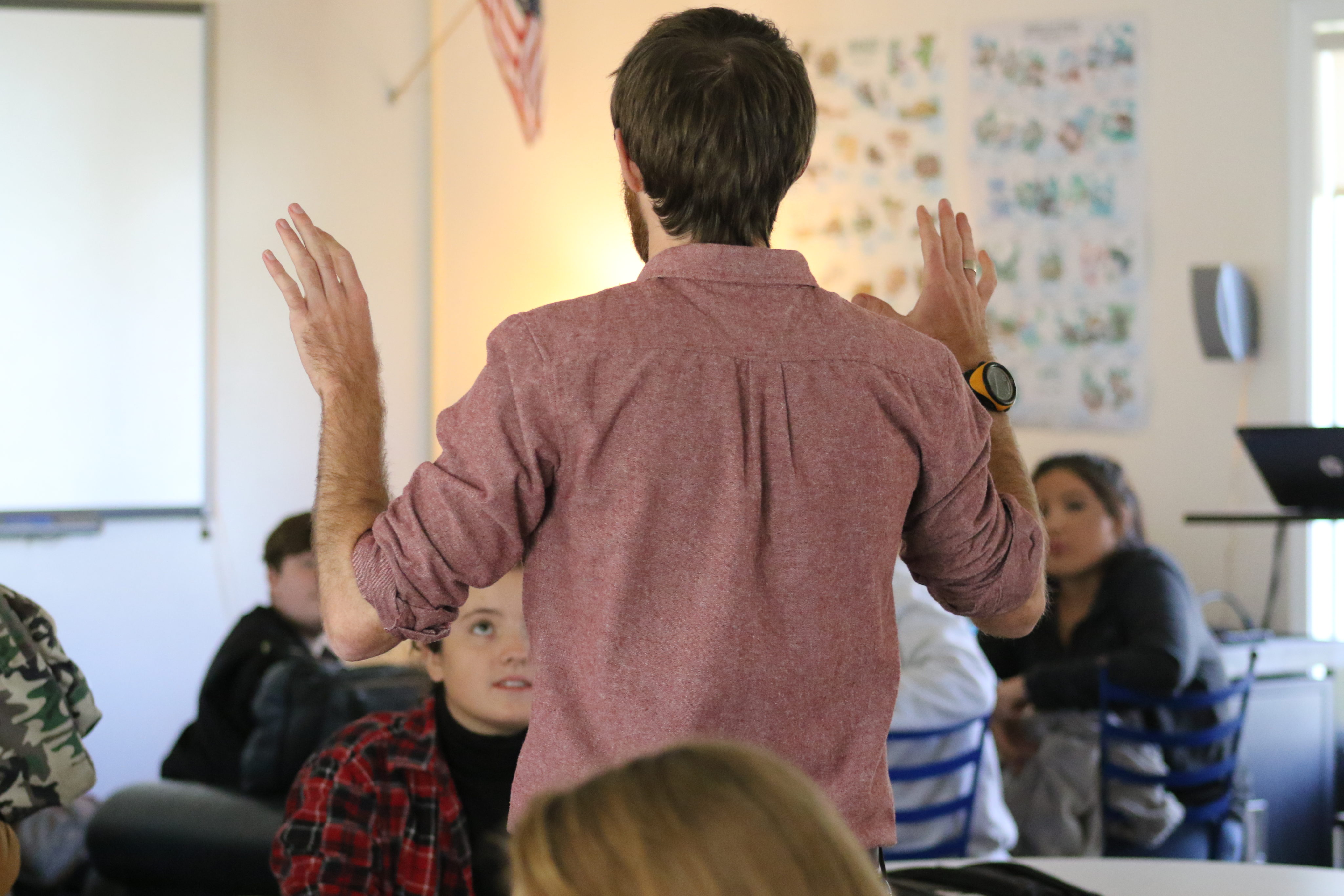
|
|
Even amid war and pestilence, common ground and consensus seem elusive. Groundless refusal to accept the 2020 presidential election outcome, denunciation of history texts and courses, and disinformation spread through social media put severe strains on democracy from the White House to the schoolhouse.
For thoughtful voices that offer perspective beyond headlines and soundbites, let me call your attention to two commentaries published in recent days in The News & Observer — one by U.S. Rep. David Price, who is serving his final year in Congress; the other by Aleta Payne, a writer and editor at Duke Divinity School.
What the state and nation need, Price writes, are “honest patriots.” The phrase comes from the title of a book by the late Donald W. Shriver Jr., the legendary president of Union Theological Seminary from 1975 to 1991. Shriver, an ordained Presbyterian minister, graduated from Davidson College and served for a short time as campus minister at N.C. State University.
Price, now in his 17th term and not seeking re-election, draws from his congressional experience as well as his divinity degree and his doctorate in political science. He observes “that many Americans of my generation rediscovered the prophets in the context of the civil rights movement — an inspiration to the kind of patriotism that combines love of country with a determination to mend its flaws.”
Price, a Democrat, points to the heated questioning of Supreme Court nominee Ketanji Brown Jackson by Republican senators, to new Johnston County restrictions on teaching history, and to Lt. Gov. Mark Robinson’s report on teachers accused by parents of indoctrination. Such incidents, he said, reflect “wedge-issue” politics practiced across the nation.
“Much of our political rhetoric nowadays is of little lasting consequence, including the supercharged culture wars,” Price writes. “But that is not true of the whitewashing of American history, the denigrating of those who tell and teach the truth, and ideological controls on what can be discussed in our classrooms. Such measures do us great harm. They strike at the heart of the honest patriotism we owe to each other and the country we love.”
Payne weighs in with a challenging message to her fellow Christians drawn from Bible readings for Lent, the six weeks of repentance leading up to Easter. Payne, senior associate editor at Faith and Leadership, an online magazine of Duke Divinity, urges people who consider themselves compassionate to attend to “cordoned-off issues,” which are often dismissed as too political but bear on the lives of people in need. To turn away from such issues, she writes, “ignores the inherently political nature of Jesus’ life and death.”
Embedded in Payne’s analysis is a crucial distinction. Donating money to churches and charities is generous and necessary. So, too, is the awesome outpouring of religion-impelled people who collect and distribute food and clothing, who help the homeless find shelter and the addicted to recover, who comfort the sick.
While volunteerism is necessary and compassionate, it is not sufficient. Public policies that lower barriers and open opportunities along with well-run, well-funded institutions, including schools, are essential in a democratic community. Thus, Payne urges “voice, vote, and advocacy for just policies.”
“We must understand that charity is not justice,” Payne writes. “GoFundMe is not health care reform. Along with feeding programs that don’t address food insecurity, homeless ministries that don’t pinpoint a lack of affordable housing, and donation drives for flood victims that don’t acknowledge climate change, it’s applying pressure to a torn artery. As an emergency measure, it might sustain life in the moment; that’s crucial. But absent genuine repair, the bleeding is still life threatening.”
Price’s call for honest patriotism and Payne’s wide definition of compassionate Christianity come at a time when a stressed democracy needs their thoughtful clarity and vision to expand common ground.
Recommended reading




